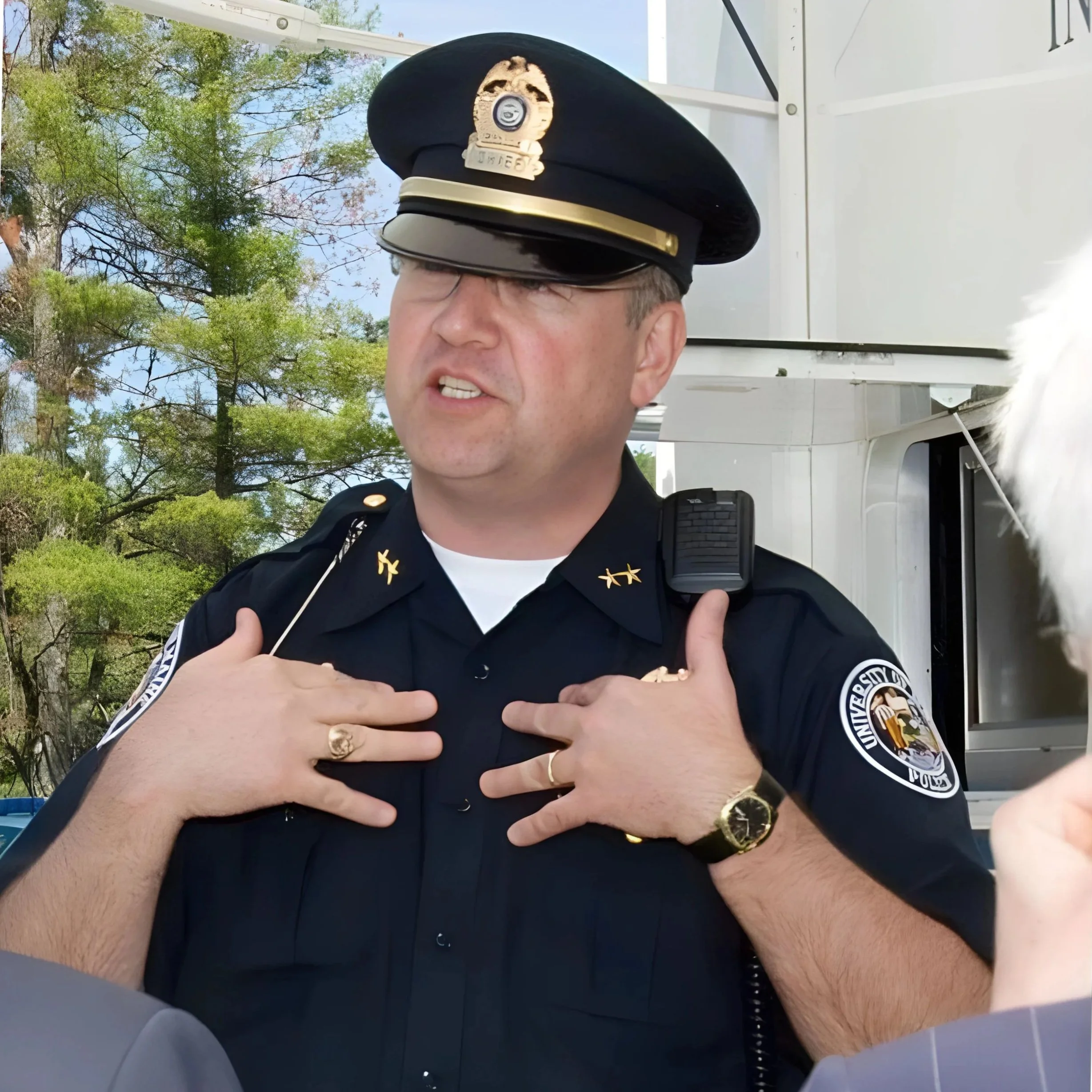Who Are the Police? Why the Word Matters More Than Ever
When the public sees someone labeled POLICE, they should be able to assume that person is acting in accordance with those values.
As someone who has spent a career on both sides of the law enforcement spectrum—on the streets and in the federal system—I’ve grown increasingly concerned about the future of policing in America. And I’m not talking about budgets, training gaps, or policy debates. I’m talking about a single word: POLICE.
A Career That’s Spanned the Spectrum
I’ve served as a local police officer, a deputy sheriff, a chief of police, and as a United States Marshal. I’ve performed the duties of a community police officer, working shoulder to shoulder with neighborhood residents to solve problems and build trust. I’ve also carried out the specialized work of a federal agent, executing warrants, managing fugitive investigations, and supporting federal judicial security.
I don’t speak from theory—I speak from experience. And I can tell you without hesitation: there is a significant difference between being a police officer and being a federal agent. Both are essential roles. But they are not interchangeable.
The Problem with the Word "POLICE"
Today, it's increasingly common to see federal agents wearing tactical gear labeled “POLICE” during high-profile operations. This practice, while often well-intentioned and even legally defensible, is misleading. To the general public, the word “POLICE” evokes a very specific image: the local officer who patrols the streets, responds to 911 calls, mediates neighborhood disputes, and shows up at school events or town hall meetings. That officer is someone who is embedded in the community, who knows the people they serve—and is known by them.
When federal agents adopt the same label—without the same community presence or accountability—it causes confusion. People begin to associate the word POLICE with actions and tactics that may not reflect what local departments strive for. This "brand confusion" can erode the decades of trust-building that many of us have spent our careers cultivating through community policing.
Community Policing: A Trust Built Over Time
I am considered a subject matter expert in Community Oriented Policing—an approach grounded in building long-term relationships between police and the communities they serve. Community policing is proactive, not just reactive. It emphasizes problem-solving, partnership, and presence—not just enforcement.
When the public sees someone labeled POLICE, they should be able to assume that person is acting in accordance with those values. But if that uniform instead belongs to a federal agent involved in a brief or tactical mission, the expectations are misaligned—and public trust suffers.
What Sir Robert Peel Got Right
This isn’t a new idea. Back in the early 1800s, Sir Robert Peel laid out the foundational principles of modern policing. Among them is this powerful concept:
“The police are the public and the public are the police.”¹
Peel believed that policing must be based on public approval and cooperation, not fear or force. His 7th principle states:
“The police are the public and the public are the police; the police being only members of the public who are paid to give full-time attention to duties which are incumbent on every citizen.”²
This vision has inspired generations of officers—including myself—and it’s why the distinction between police and federal agents must be preserved. Not because one is better than the other, but because their roles, responsibilities, and relationships to the community are fundamentally different.
Why It Matters—To All of Us
For the general public: When you see the word POLICE, you should know what it means. You should know who that person is, what they represent, and who holds them accountable.
For law enforcement professionals: We must be stewards of our own identity. Words carry weight. When we allow our title to be used too broadly, we risk undermining the very relationships that community policing is built upon.
Let’s be precise. Let’s be honest. And let’s be protective of a term that stands for trust, service, and a unique bond between the public and those sworn to protect it.
References
Peel, Robert. The Nine Principles of Policing (1829). Originally attributed to the Metropolitan Police, London.
Principle 7, Peel’s Nine Principles. Available at: UK College of Policing
About the Author
Chief Noel March (ret.) is a Senior Lecturer in Justice Studies and the Director of the Maine Community Policing Institute at the University of Maine at Augusta (UMA), Advisor to Multitude Insights, the former U.S. Marshal for the District of Maine, and the retired Chief of police, University of Maine. To read his full bio clicke here.

